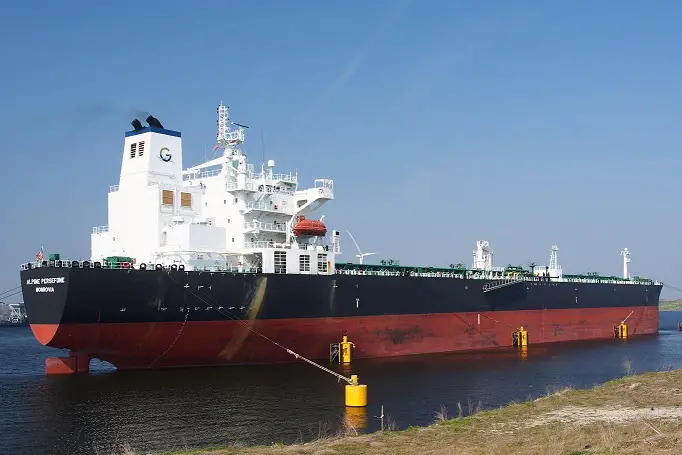G7 finance ministers and central bank leaders voted unanimously to impose price caps on Russian oil at a virtual meeting on Friday. The price ceiling is ostensibly being imposed to limit Russia’s income from energy sales. Japan has said they feel this action will be “effective.”
The price ceiling will be imposed starting December 5th on crude oil, and on February 5th for Russian refined products. In addition, the European Commission has stated it will move to impose a price ceiling on Russian oil by December as well.
It is not entirely clear how effectively the ceiling will be imposed. Russian Deputy Prime Minister Alexander Novak referred to the concept of a Russian oil price cap as “absurd,” and noted that any country which supported the plan and agreed to the price cap would immediately be cut off from all Russian shipments.
Since the start of the military action in Ukraine, Russia’s oil export volumes have fallen. However due to rising oil prices, even with the lower volumes Russia’s income has increase by $700 million in June compared to May, according to data from the International Energy Agency.
The concept behind the price cap is that refiners and merchants would refuse to pay more than the capped price for Russian oil. In theory, this will eliminate Russian profits from energy sales, but still keep Russian energy products on the market, and avert a sudden spike in energy prices which would exacerbate the inflation Western nations are already combating.
However, Russian oil was already sanctioned, so nations purchasing it have been doing so despite the sanctions. To encourage purchases, Russia has been offering its crude at a slight discount, and in response China and India have ben purchasing record quantities. However because of the shock of removing Russian supplies from the Western market with sanctions, the price of oil skyrocketed. As a result, even with the discount Russia is still raking in massive profits.
Now, even though the West is urging other nations to impose the price cap voluntarily, it is unclear why nations purchasing Russian crude despite the Western sanctions would chose to impose a Western price cap, especially when Russia has promised to cut off all supplies to any nation which did so.
According to Reuters, several unidentified G7 leaders said they doubted the price cap would have any effect, given it is unlikely Russia’s primary customers like China and India will chose to impose the price caps.
G7 leaders are now also looking to block the use of shipping services for Russian oil unless the cargos abide by the price caps. However while 95% of the world’s ocean-borne shipping services now utilize London-brokered shipping insurance, there are alternatives to be found. So analysts predict it is doubtful that will have any effect as well.

